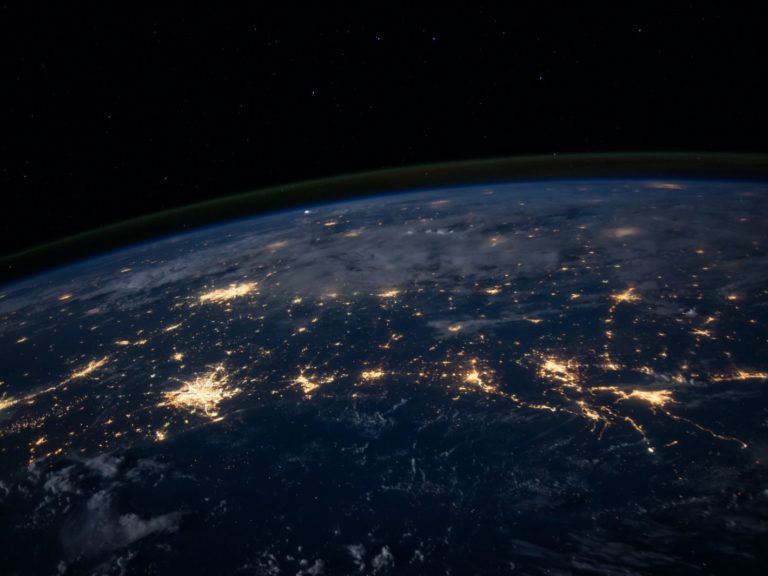Astroscale Advances On-Orbit Servicing Technologies with Mitsubishi Heavy Industries and the Government of Japan
Jul. 27, 2021 – Astroscale Holdings Inc. (“Astroscale”), the market leader in satellite servicing and long-term orbital sustainability across all orbits, today announced Astroscale Japan Inc. (“Astroscale Japan”) has signed a Memorandum of Understanding with Mitsubishi Heavy Industries, Ltd. (“Mitsubishi Heavy Industries”) to cooperate on active debris removal and other projects for improving space environmental protection, marking the first collaboration between Astroscale and a launch services provider. Astroscale Japan has also been selected by the Government of Japan’s Ministry of Economy, Trade, and Industry (“METI”) to research and develop robotic hand and arm technologies that can be affixed to spacecraft to perform complex servicing activities in orbit and in lunar environments.
“Active debris removal and robotic technologies are paving the way for on-orbit services that will form the infrastructure of the global space economy,” said Nobu Okada, Founder & CEO of Astroscale. “Astroscale is leading the on-orbit servicing market and providing options, which have not been available until now, for satellite and launch vehicle operators to reduce risk and increase ROI. I would like to thank Mitsubishi Heavy Industries, the Ministry of Economy, Trade, and Industry, and the Astroscale team — through these collaborative efforts between industry and government, we can accelerate actions toward an era of space sustainability, while expanding on-orbit servicing business opportunities.”
The collaboration with Mitsubishi Heavy Industries will leverage Astroscale’s on-orbit servicing technologies and Mitsubishi Heavy Industries’ launch vehicle manufacturing and launch services capabilities to cooperate on the technical aspects required to advance sustainable space operations. Initial efforts will include discussions and development of debris removal methods for upper stages.
“We are very pleased to take action with a leading global launch provider on debris removal and move the industry toward a more sustainable future,” said Takayoshi Koyama, Managing Director of Astroscale Japan. “In order to secure sustainability in space, we must address both the prevention and remediation of debris. At Astroscale, we are doing both and are dedicated to improving the space environment by leading the development of innovative on-orbit servicing solutions across all orbits.”
The proposal from METI to develop robotic hand and arm technologies is in response to the growing on-orbit servicing market to extend the life of satellites, reducing operating costs for satellite operators and mitigating the creation of further debris. Astroscale is one of two companies selected and the objectives of the three-year contract, budgeted up to USD $2.5 million for the Japanese fiscal year (April 2020 to March 2021), are to research and develop the technologies related to robotic hands and arms, autonomous control, and interfaces to replace robotic hands. The project will also analyze on-orbit servicing market and standardization trends, reflect them into the development plan and provide recommendations for standardization. Robotic technology is fundamental to on-orbit servicing activities and is expected to play a key role in base construction activities on the lunar surface for the Artemis space exploration program.
On June 13, 2021, the G7 Member nations released a statement confirming orbital debris as one of the biggest global challenges facing the space sector and pledged to commit to the safe and sustainable use of space. The statement welcomed all efforts, public and commercial, in debris removal and on-orbit servicing activities and encouraged further institutional or industrial research and development of these services. Astroscale’s partnerships with industry and government agencies will be critical to the development of on-orbit servicing technologies and the overall safety and sustainability of the orbital environment.
END

 Visit U.S. Site
Visit U.S. Site




